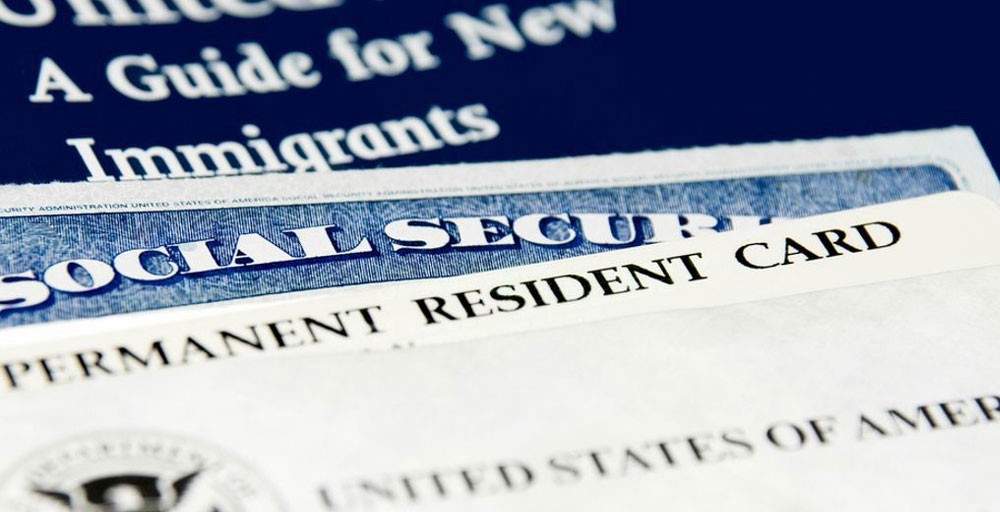When you are planning to study medicine in the Caribbean, one of the main details you may want to know is whether your Caribbean medical education will qualify you for a U.S. residency program. That is a question every prospective Caribbean medical student should have.
You won’t be able to practice medicine in the United States without completing a residency program. Therefore, you must first ascertain whether residency is possible based on the school you have selected. The determining factor is whether the school you select is accredited by the Educational Commission for Foreign Medical Graduates (ECFMG). Only graduates of ECFMG accredited Caribbean medical schools may qualify for U.S. residency. Windsor University School of Medicine (WUSOM) is among the leaders of such schools.
Attaining Residency as an International Medical School Graduate
Once you know that you can qualify for a residency program based on the Caribbean medical school you have chosen, you will need to know how the process works. Consider these important facts before choosing and qualifying for a U.S. residency program:
- If You Are a U.S. Resident– Many U.S. residents believe that they will not be considered international medical graduates (IMGs) because of their U.S. residency. That is not true. When you study medicine outside of the United States and Canada, you are, indeed, categorized as an IMG. This means that even if you attend a Caribbean medical school as a Los Angeles native, you will still be considered an international medical graduate. Thus, attending an accredited medical school, such as WUSOM, is crucial if you want to practice medicine in the U.S. If you are not a U.S. resident or a lawful permanent resident, you will need to apply for a U.S. visa before you can participate in a U.S. residency program.
- Qualifying Exams– One of the initial steps before applying to a residency program is to pass the necessary United States Medical Licensing Examination (USMLE). Before you may apply to ECFMG for the USMLE examination, you will first need to apply for ECFMG certification. Next, you are required to pass steps one and two of the USMLE. The first step involves a medical sciences exam. The second exam comprises two parts: a clinical knowledge examination and a clinical skills examination. The third step is the final one, and it will determine whether you are prepared to practice medicine without supervision.
- Residency Program Requirements– After you pass the ECFMG/USMLE, you will need to do some research on the requirements specific to the residency programs to which you are applying. Go to the National Resident Matching Program (NRMP) website, where you will find a wealth of information on applying for residency and registering for a main residency match. This invaluable resource should help you to determine the best places to send applications.
Getting into a Residency Program with Your Caribbean Medical Degree
By choosing to study medicine in the Caribbean, you are making a decision to achieve a top medical school education in a spectacular setting. You can attend a Caribbean medical school as a Washington native or a resident of another U.S state. However, be sure you apply to an accredited medical school in the Caribbean, such as Windsor University School of Medicine. At WUSOM, we welcome students from a broad range of locations across USA and Canada, such as New York, Edmonton, and Dallas.
Reach us online for assistance in exploring a Caribbean medical education and a subsequent U.S. residency program.






